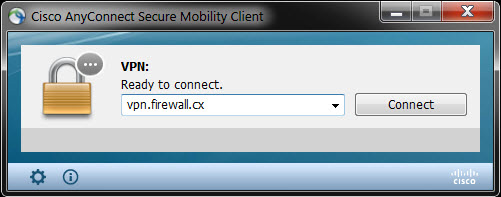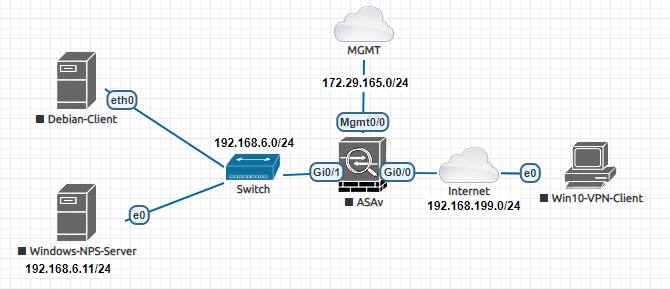
Flex VPN supports both IPv4 and IPv6 implementations.
 Flex VPN can deal with remote access either using the Windows 7 native client or a dedicated client such as Cisco An圜onnect. A router implementing Flex VPN may be configured to expect connections in any of these site-to-site forms: VTI, EasyVPN, GRE/IPSec, DMVPN (and even Classic IPSec tunnels, in case you need to guarantee interoperability with other vendors or older Cisco routers). The new approach is called Flex VPN and, as the name suggests, is really flexible in terms of configuration possibilities: The good news is that Cisco now offers a unified way of dealing with all these options, allowing your network to be prepared to simultaneously handle the different VPN models. DMVPN provides the capability of dynamically establishing tunnels between spokes on a hub-and-spoke scenario. EasyVPN allows branch routers (or other types of VPN appliances) to behave as hardware clients that are centrally configured by a VPN concentrator. VTI brings a logical interface to IPSec deployments without the need of using Generic Routing Encapsulation (GRE). Although the services available are very basic they do help on interoperability. Crypto Mapsare the initial/legacy solution that was devised before IPsec was even an RFC. If you are familiar with Cisco IOS software, you probably heard terms such as Classic IPSec, IPSec/GRE, Virtual Tunnel Interface (VTI), EasyVPN, Dynamic Multipoint VPN (DMVPN)… But, which of these site-to-site VPN options available on Cisco IOS software should you select ? Well, I will start by saying that each of the technologies was developed to solve specific problems:
Flex VPN can deal with remote access either using the Windows 7 native client or a dedicated client such as Cisco An圜onnect. A router implementing Flex VPN may be configured to expect connections in any of these site-to-site forms: VTI, EasyVPN, GRE/IPSec, DMVPN (and even Classic IPSec tunnels, in case you need to guarantee interoperability with other vendors or older Cisco routers). The new approach is called Flex VPN and, as the name suggests, is really flexible in terms of configuration possibilities: The good news is that Cisco now offers a unified way of dealing with all these options, allowing your network to be prepared to simultaneously handle the different VPN models. DMVPN provides the capability of dynamically establishing tunnels between spokes on a hub-and-spoke scenario. EasyVPN allows branch routers (or other types of VPN appliances) to behave as hardware clients that are centrally configured by a VPN concentrator. VTI brings a logical interface to IPSec deployments without the need of using Generic Routing Encapsulation (GRE). Although the services available are very basic they do help on interoperability. Crypto Mapsare the initial/legacy solution that was devised before IPsec was even an RFC. If you are familiar with Cisco IOS software, you probably heard terms such as Classic IPSec, IPSec/GRE, Virtual Tunnel Interface (VTI), EasyVPN, Dynamic Multipoint VPN (DMVPN)… But, which of these site-to-site VPN options available on Cisco IOS software should you select ? Well, I will start by saying that each of the technologies was developed to solve specific problems: 
Some of the notable strengths of IPSec are its independence of the transport (UDP, TCP or raw IP) and the provision for easy replacement of one or more of its components (such as the hash functions and cryptographic algorithms) so that it can keep up with hardware evolution and what it means in terms of feasibility of brute force attacks. Several options available are built on top of IPSec, a framework that deals with the tasks of ensuring Confidentiality, Integrity, Authentication of origin and secure key distribution for VPNs. Virtual Private Networks (VPNs) are a classic resource designed to securely and inexpensevely extend the reach of corporate networks.






 0 kommentar(er)
0 kommentar(er)
